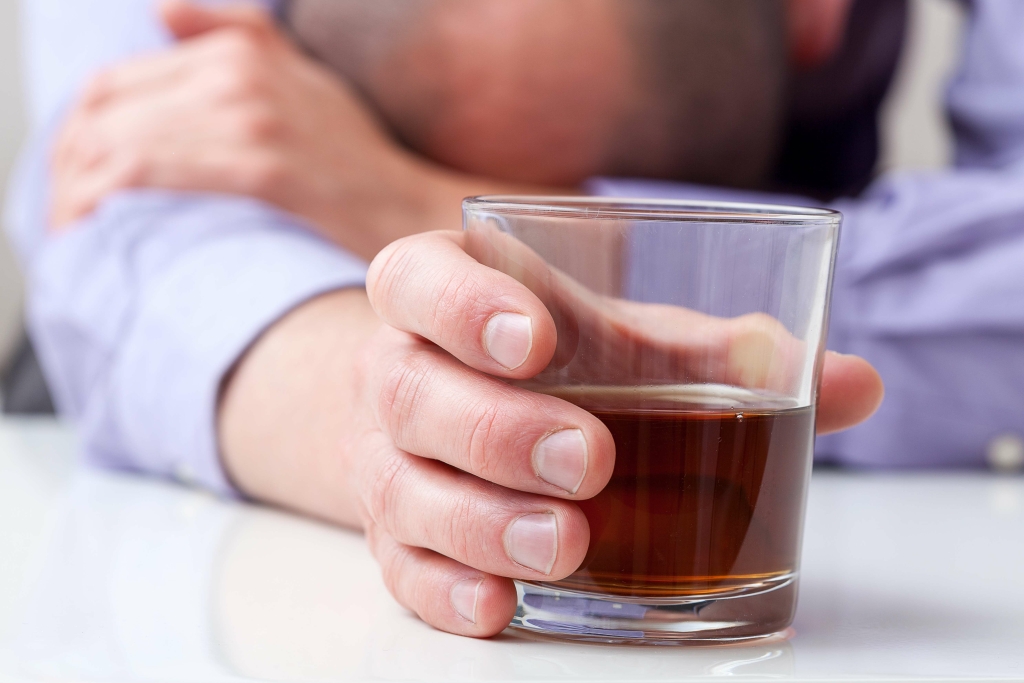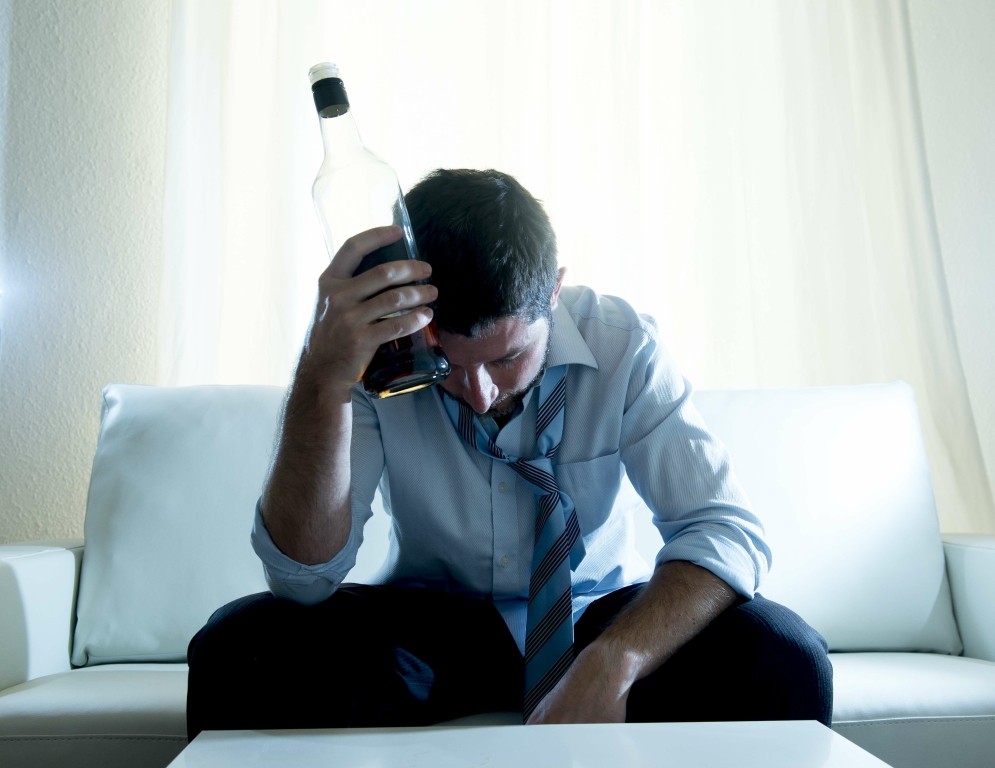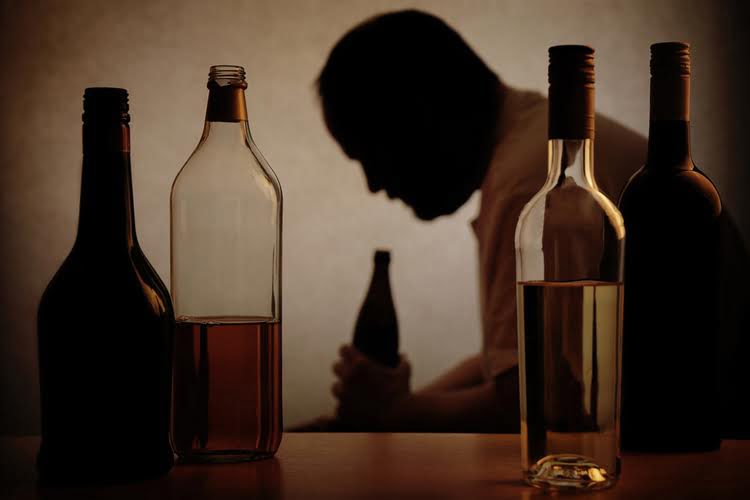It becomes overexcited because there’s no more alcohol to slow it down. Some people experience prolonged withdrawal symptoms, like insomnia and mood changes, that can last for weeks or months. If you’re keeping up with this average (or less), the damage from alcohol is most likely minimal. Instead of viewing your slip as a step backward, think of it as a progression on your road to recovery. Many people lapse or relapse, and if you think of each attempt at sobriety as a means of getting closer to your end goal — a lesson in your cumulative recovery learning, so to speak — this setback won’t be in vain.

Impact on your health
There are a lot of misconceptions about a relapse on alcohol or drugs. Sometimes, we think that a relapse is a failure or proof treatment didn’t work. Relapse is something that can but doesn’t have to be part of the recovery process. By being aware of these stages of relapse, you may be able to identify the signs early on in yourself or someone else and take steps to adjust what’s happening before there’s a full-blown relapse.
The Consequences of Drinking Again After Sobriety
Here’s a quick overview of what happens when you stop drinking. At Genesis Recovery, we are here to answer all your questions regarding alcohol use disorder, the process of recovery, and the slip-ups that come along with it. BLABBERMOUTH.NET uses the Facebook Comments plugin to let people comment on content on the site using their Facebook account. The comments reside on Facebook servers and are not stored on BLABBERMOUTH.NET.
Alcoholic Relapse Defined

Alcohol use disorder can include periods of being drunk (alcohol intoxication) and symptoms of withdrawal. Don’t beat yourself up if you are just considering your options. Thinking through the http://aidb.ru/?aion=item_info&id=160003552 upsides and downsides of drinking again might strengthen your resolve to stay alcohol-free.
- A 2021 review of research notes that several studies determined that two to four weeks of abstinence from alcohol by heavy-alcohol users helped reduce inflammation and bring down elevated serum levels in the liver.
- Recovery from AUD is marked by stages of abstinence, withdrawal, repair, and growth.
- There are many reasons a person in recovery may decide to drink again.
- After six months of abstinence, the process of fat loss on the liver may be completed, resulting in a healthy liver.
- When a person regularly consumes alcohol, these brain functions may alter to adapt to its presence.
Relapse Prevention Through Aftercare Planning
Depending on the severity of the alcohol use disorder, the body may repair functions damaged by alcohol quickly. Shame and guilt about past alcohol use increase a person’s risk of relapse. If they relapse, these negative emotions often intensify, creating a cycle of abstinence and relapse that is difficult to break without professional help. Whatever the reason, there are serious consequences when https://www.cool-ticket.info/CubaGuide/cooked-photos someone with AUD drinks.


Over the next 2 years, Marshall not only got sober, but was also able to taper off his prescription drugs. But gradually, Marshall’s alcohol misuse left even his fraternity brothers worried. The idea behind these rules is that it requires honesty and the ability to understand the nature of addiction and what that looks like for you. Combining therapy with support groups can greatly improve your odds of success. Therapy combined with an AUD program tends to lead to a high recovery success rate. Include the names of everyone on your medical and support teams and https://www.eco-oos.ru/biblio/sborniki-nauchnyh-trudov/ekologicheski-ustoichivoe-razvitie-racionalnoe-ispolzovanie-prirodnyh-resursov/42/ how to contact them.
- The journey is marked by victories and setbacks alike, each offering valuable lessons and growth opportunities.
- If a person stops drinking after tolerance, dependence, or addiction takes hold, they will experience withdrawal symptoms.
- Loved ones who’ve supported you through your journey to recovery may feel hurt, betrayed, or worried about your well-being.
- After not drinking for a while, the body can’t process alcohol the same way, and the drinker’s tolerance lowers.
- Many people with alcohol use disorder hesitate to get treatment because they don’t recognize that they have a problem.
- But it’s vital to consider the upsides of staying alcohol-free and the downsides of consuming alcohol.
- For people in recovery, it is impossible to reintroduce alcohol into their new lifestyle, as they could only achieve stability once they stopped drinking.
- The influx of alcohol causes an unnaturally high surge of dopamine and other chemical hormones that deliver an intense sense of well-being, serving to reinforce the use of alcohol powerfully.
- Not only do others in your support group understand what you are going through, but they also can provide valuable education and guidance, including tips on avoiding relapse.
- Alcohol use disorder includes a level of drinking that’s sometimes called alcoholism.
- The important part is to reestablish contact and let them know you’re struggling.
An exciting part of this period is that it can lead you to a happier life full of welcomed change and constant improvement. Although many people are tempted to make other major life changes during this stage of recovery, such as changing jobs, experts recommend focusing energy on stopping drinking for at least the first year. If you think you may have a drinking problem, you’re definitely not alone. In 2021, researchers estimated nearly 30 million people ages 12 years and older in the United States had alcohol use disorder (AUD). Our state-specific resource guides offer a comprehensive overview of drug and alcohol addiction treatment options available in your area. While relapsing can bring about shame and feelings of failure, a relapse is generally accepted as an expected part of the recovery process for most people.

Alcohol use disorder
In most cases, these individuals feel that they have found a solution to their drinking problem that does not involve complete abstinence. The question of whether alcoholics can ever drink again is a deeply personal and complex one, with no definitive answer that applies to everyone. For some individuals, maintaining abstinence from alcohol is the safest and most effective path to sustained recovery and improved well-being. Others may explore moderation as a potential option, but it requires careful consideration, ongoing monitoring, and a strong support system to mitigate the risks of relapse and problematic drinking.
